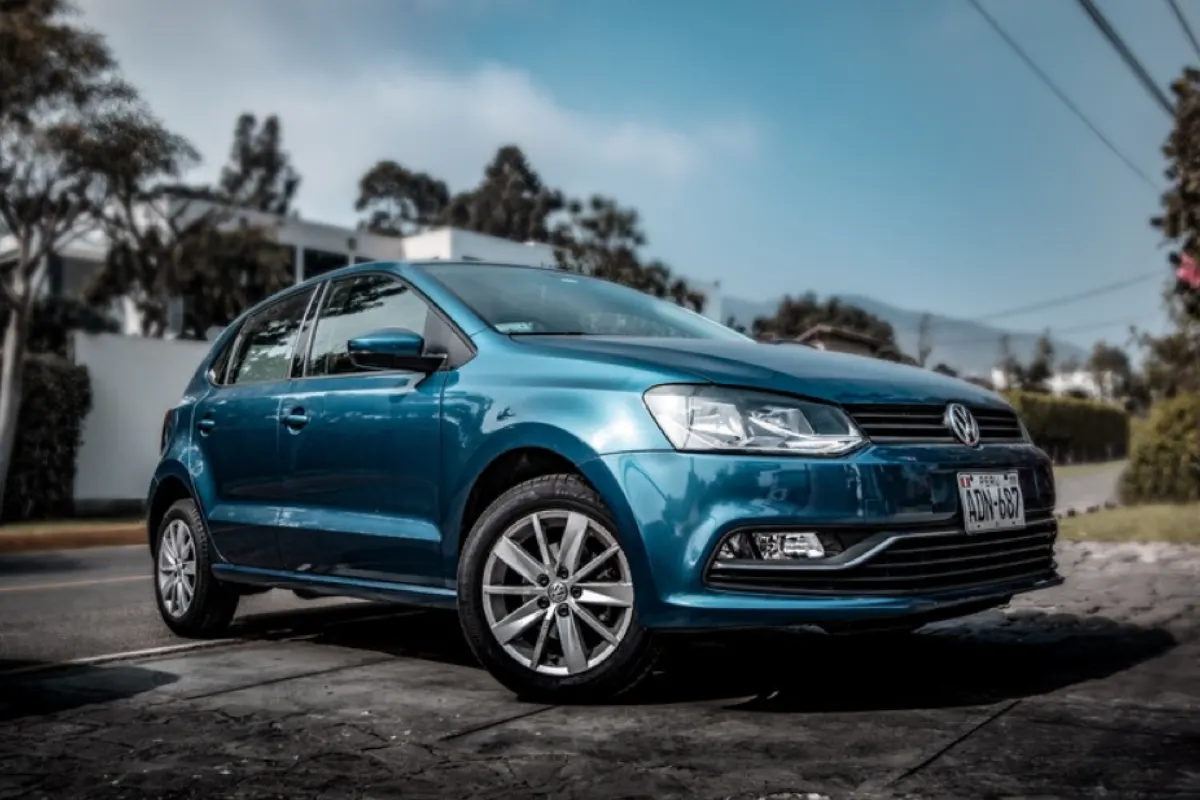A car is one of the most expensive things most of us will buy – in fact, in most cases it’s second only to buying a home.
As if the deposit and monthly payments weren’t enough, though, we still have to spend a pretty penny maintaining our vehicles. With eye watering service fees, rising petrol prices and additional expenses such as car tax and insurance, it only makes sense to save wherever possible.
The good news is that there are a variety of ways that you can save hundreds, if not thousands of pounds on your car, leaving you with more in the bank to put towards groceries, bills and some of the finer things in life. Read on to learn more about how you can cut down on what you pay for your car.
Insurance
According to the Association of British Insurers, comprehensive car insurance costs an average of £38.50 per month. Aside from haggling with your current insurer to reduce your quote, it’s always a good idea to compare car insurance prices between different providers, as rates can vary significantly.
You can compare car insurance quotes easily through a price comparison website like CompareNI.com, which offers exclusive deals on car insurance for its users. This company is specific to Northern Ireland though, so if you’re not based in this location, you’ll need to find providers in your country.
Also be sure to consider the factors that are influencing your premium. This includes where you store your car, how much mileage you’re putting in every month and whether you use equipment such as dashboard cameras.
You could also take an advanced driving course to further decrease your premiums. Not only will you pay less for insurance, but you’ll also know how to drive as economically as possible, potentially saving you a fair bit on fuel costs.
Check Your Tyres
Tyres that are under-inflated by just 15psi can cost you 6% more in fuel. For a car that does 40mpg, this will add up to £65 extra in fuel costs per year based on the average current price of diesel. A simple check-up at the station is all you need to do to prevent this extra expensive.
Use Cash Back Incentives for Fuel
Fuel is naturally going to be your biggest daily running expense, so it would be wise to save wherever possible. Certain cards such as Tesco and American Express offer an average of 5% cashback on fuel expenses. Even if the best card you can find offers a lower percentage, you’ll be surprised by how quickly this adds up!
Avoid Premium Fuel
The American Automobile Association reported in 2016 that drivers in the U.S. were wasting $2.1 billion on premium fuel for vehicles that weren’t designed to run on it. Unless you have a performance car, there’s little to no benefit in paying up to an extra 10p per liter for premium brand fuel.
Consider a New Tyre Brand
When it comes to tyres, you get what you pay for. It may be tempting to buy the cheapest tyres you can find, but these will only cost you more in the long run, both in terms of fuel consumption and their negative effect on handling. Look out for the EU tyre label and aim for an A rating, which means the tyre decreases energy loss.
These types of tyres can save you an average of 2.5mpg compared to lower quality tyres. That’s a saving of around £50 per year, which over time will easily justify paying extra for high quality tyres. You’ll also benefit from better handling and improved stopping distance, which could prevent a much, much more expensive accident.
File a Claim for Pothole Damage
If your car has been damaged by potholes, you may be eligible to claim compensation for the damage caused. This largely depends on whether the pothole has already been reported. However, with local councils spending £102 million in 2016 to repair 1.7 million potholes, it’s well worth a try.
Scrape Your Screen Before Driving
Wipers aren’t designed to get rid of the ice build-up on your windscreen and can cost upwards of £20 to replace. Instead, pick up a scraper or de-icer for as little as £1 and clean the ice off before you head out. After all, it’s a pretty satisfying exercise.
Eliminate Unnecessary Weight
Every extra 50kg of weight in your vehicle increases your fuel consumption by 2% on average. This can include unnecessary junk in your boot and your roof racks. When not in use, store your roof racks at home to save not only on weight, but also drag, which can increase fuel consumption by a hefty 10%.
As you can see, there are countless ways to save money on your car. The more you pay attention to these seemingly small factors, the more that saving will add up.
This is a collaborative post.

